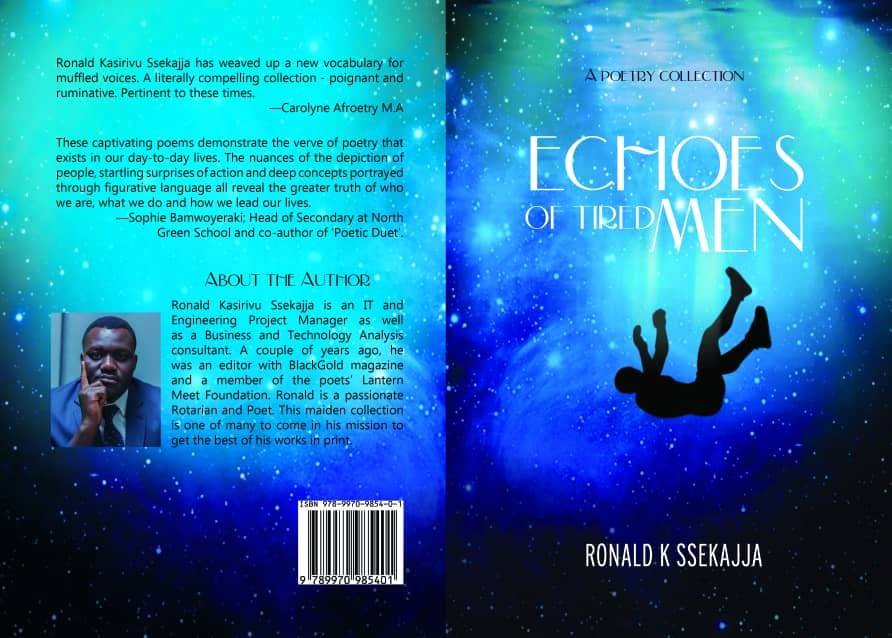
Title: Burden of Guilt
Author: Kabale Erick
Price: Shs30,000
Availability: Aristoc Bookshop
Pages: 144
Published: 2024
Burden of Guilt by Erick Kabale is a curious book on two levels. One, although it is fictitious, it veers into non-fiction territory by exposing the moral wickedness of illegal abortion.
It doubles as a broadside against the horrors, which spring from abortion with more than mere jump scares. I learnt a lot about abortion. And, I might add, was persuaded of its many wrongs.
On the flipside, we cannot simply dismiss its many rights (in the strictest sense of this word).
Two, the author is a man. But he recounts this story as a woman. This could be seen as the literary equivalent of a man wearing a dress for comic or dramatic effect in a movie.
Kabale is exceedingly courageous to go this route in view of a widespread conspiracy theory in black communities around the world that Hollywood attempts to emasculate black actors (as some sick initiation ritual), by making them wear a dress.
The belief is that black men cannot be successful in Hollywood unless they “emasculate” themselves by cross-dressing or acting in drag. This purportedly makes them appear non-threatening to white people, who will then agree to pay to watch them in movies.
This theory was first mentioned in the mainstream by comedian Dave Chappelle, in his interview on Inside the Actors Studio, in 2006.
Written as a first person narration, this book follows the harrowing story of Immaculate Nanyanzi, a diploma holder in the field of midwifery.
After searching for a job for seven months, she treks to St Mary’s International Medical Facility.
It is a private hospital. At the reception, Deborah Nabukalu leads her to the “boss”: Dr Rodriguez Kikeeto. After a brief exchange, which is by no means hostile, Nanyanzi secures a job at the hospital as a nurse.
The salary is far higher than she could have hoped for and suddenly, overnight, money is no longer her problem. She is fully gratified by a dream come true.
Sadly, this dream quickly mutates into a nightmare. “We bypassed several hospital departments, to my sheer surprise, my workplace was in the basement. Due to overexcitement, I never asked any questions,” Nanyanzi, shares.
“The place was creepy silent with a lot of scary instruments that is curettes and machine vacuums, among other equipment, that I even did not know how they were called. Finally, curiosity kicked in and I asked Timothy, the laboratory attendant. “Do you possibly have a clue on what I am going to be doing down here?”
It is then that Dr Kikeeto opens up about her job description. And, believe me, Nanyanzi then gets sucked into a whirlwind of greed, betrayal, hate and outright murder.
Before that, however, she realises she will be earning by terminating pregnancies or carrying out illegal abortions. After months of working, she wants out of the job. Her ethics as a midwife, trained to assist birth, have been debased to assisting death.
But her departure will not be assisted. “You are in deep trouble, this night, if you do not get back to your senses,” Dr Kikeeto warns her after she resigns.
As you might have imagined, there is nothing good about the good doctor. He is running a criminal enterprise. In a twist, she realises that her name Nanyanzi owes a lot to her own conception and how she was raised. There is also a love angle: she meets and falls in love with Troy but she is weighed down by a burden of guilt.




